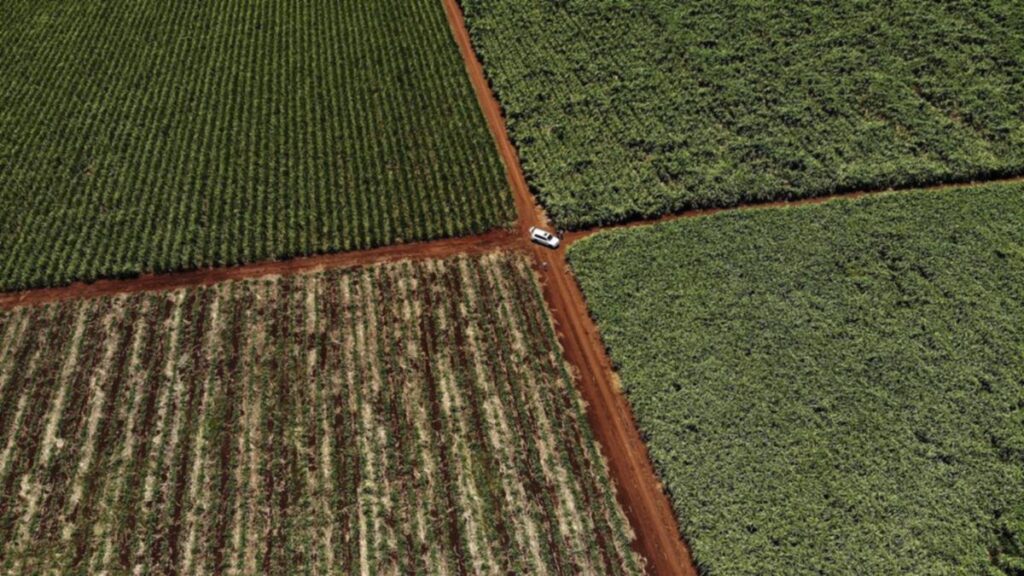President Donald Trump has signed an executive order to cut US financial assistance to South Africa, the White House says citing disapproval of its land policy and of its genocide case at the International Court of Justice against Washington’s ally Israel.
The United States allocated nearly $US440 million ($A702 million) in assistance to South Africa in 2023, the most recent US government data shows.
South Africa’s foreign ministry said on Saturday the executive order “lacks factual accuracy and fails to recognise South Africa’s profound and painful history of colonialism and apartheid”.
The White House said Washington will also formulate a plan to resettle white South African farmers and their families as refugees.
It said US officials would take steps to prioritise humanitarian relief, including admission and resettlement through the United States Refugee Admissions Program for Afrikaners in South Africa, who are mostly white descendants of early Dutch and French settlers.
“It is ironic that the executive order makes provision for refugee status in the US for a group in South Africa that remains amongst the most economically privileged, while vulnerable people in the US from other parts of the world are being deported and denied asylum despite real hardship,” South Africa’s foreign ministry said.
Trump has said, without citing evidence, that South Africa is confiscating land and that certain classes of people are treated “very badly”.
South African-born billionaire Elon Musk, who is close to Trump, has said white South Africans have been the victims of “racist ownership laws”.
South African President Cyril Ramaphosa, who signed into law a bill last month aimed at making it easier for the state to expropriate land in the public interest, has defended the policy and said the government had not confiscated any land.
The policy was aimed at evening out racial disparities in land ownership in the black-majority nation, he said.
Ramaphosa has also said South Africa “will not be bullied”.
The country’s British imperial masters gave most farmland to whites.
In 1950, the Afrikaner National Party passed a law taking 85 per cent of territory for themselves and kicking 3.5 million black people off their ancestral homelands.
In the 30 years that the African National Congress has been in power, some land restitution has happened under a “willing buyer, willing seller” model.
But white landowners still possess three-quarters of South Africa’s freehold farmland.
This contrasts with four per cent owned by black people.
AfriForum, a right-wing lobby group, and the mainly white Solidarity Movement expressed appreciation for Trump’s recognition of “injustice” against Afrikaners but regretted the withdrawal of aid.
“We did not and will not ask for sanctions against South Africa or that funds for vulnerable people be cut off by the US Government,” said Flip Buys, Chairperson of the Solidarity Movement of which AfriForum is a part.
“We believe that ordinary South Africans should not bear the cost of diplomatic disputes.”
Kallie Kriel, chief executive of AfriForum, said if Afrikaners became refugees in the US, their cultural identity would be lost, a risk they would not take.
“We are indigenous to this country and we are going nowhere,” he said.
Washington has complained about the case brought by South Africa at the International Court of Justice, where it accused Israel of genocide over its military offensive in Gaza.
Israel denies the allegations, saying it acted in self-defence following the October 7, 2023, attack by Palestinian militants.
The White House cited that case as an example of South Africa taking positions against Washington and its allies.
The executive order signed by Trump would address human rights issues in South Africa, the White House said.
https://thewest.com.au/politics/diplomacy/trump-signs-order-to-cut-funding-for-south-africa-c-17657843


